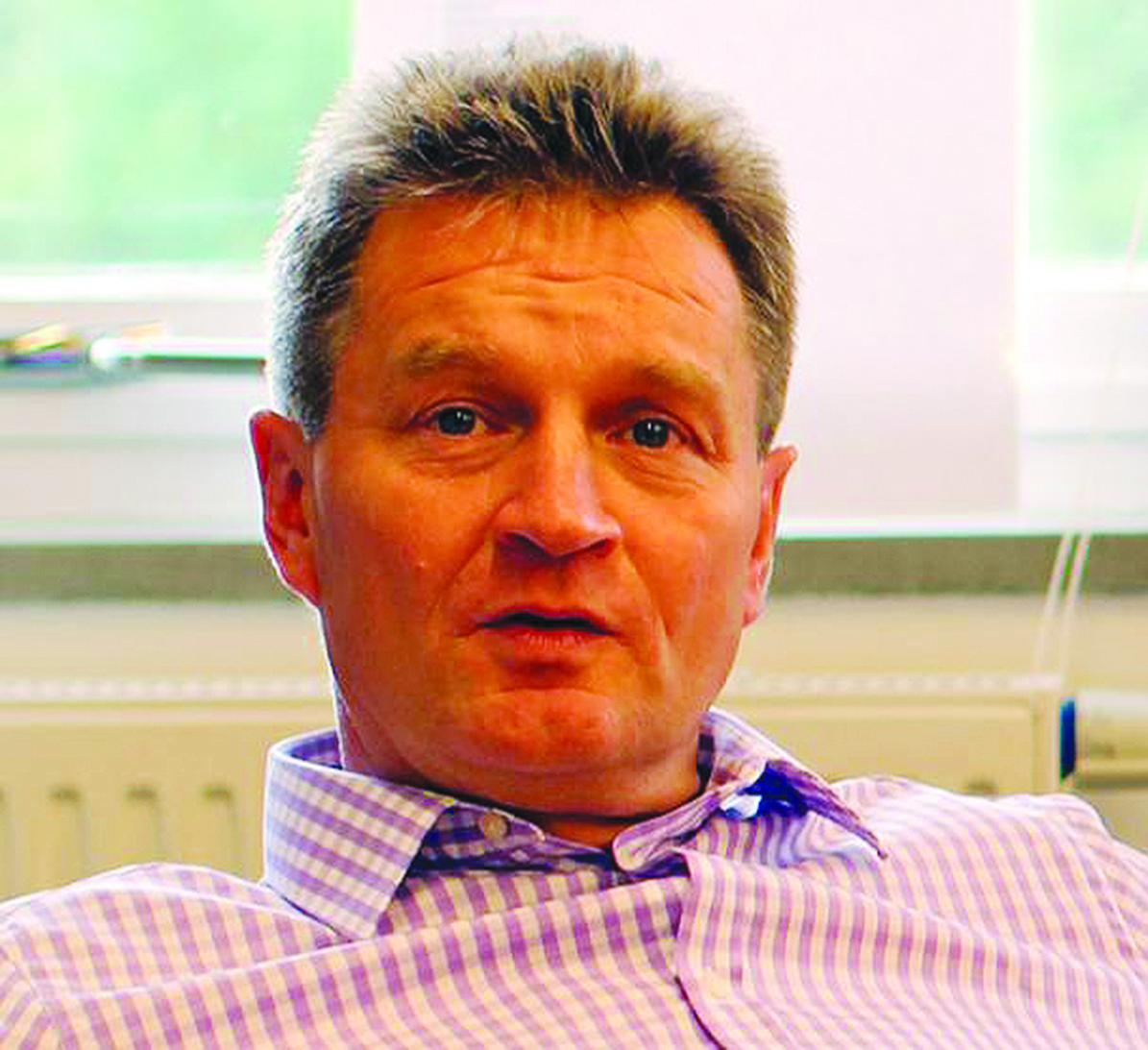
THE European Union (EU) has bemoaned the slow pace at which government is implementing recommendations made by several election observer teams and the Kgalema Motlanthe Commission meant to address the political crisis in the country brought about by the disputed 2018 elections.
BY MOSES MATENGA
In an interview with NewsDay after the launch of the Zimbabwe Economic Partnership Agreement Support Project in Harare yesterday, EU ambassador to Zimbabwe, Timo Olkkonen, said nothing was moving on the reforms front.
“We want to see faster pace in implementing reforms. It is now one and half years since the TSP (Transitional Stabilisation Programme) was published. That is the main policy document. It is more than a year since the Motlanthe Commission came up with its recommendations in its report,” he said.
“It is way more over than a year when election observation missions gave their recommendations. There are issues around the constitutional alignment such as section 210 about the independent complaints mechanism. So there are issues that we would want to be seeing concrete results delivered on.”
Several election observer missions called for dialogue in Zimbabwe and urged government to act on reforms that include respect for human rights and the Constitution, among others.
The Motlanthe Commission, set up after the August 1, 2018 post-election shootings in Harare, recommended dialogue among the country’s political actors to end polarisation.
Close to two years later, polarisation is still visible in the country with President Emmerson Mnangagwa and opposition leader Nelson Chamisa avoiding to meet to end the debilitating crisis that has crippled the country. On the humanitarian situation and the need for dialogue to end the political crisis, Olkkonen said: “When one looks at the crisis, of course the EU is doing its best also in providing relief. We have come up with significant humanitarian aid. Our member States are also doing their share.
- Chamisa under fire over US$120K donation
- Mavhunga puts DeMbare into Chibuku quarterfinals
- Pension funds bet on Cabora Bassa oilfields
- Councils defy govt fire tender directive
Keep Reading
“If there would be a functioning viable agricultural sector, Zimbabwe would not have been in a position to import support. Likewise in the economic sector, what we are seeing today is a result of years and years of mismanagement and it requires a head-on tackling of issues such as corruption, but also structural issues, for example why the agricultural or mining sectors are not providing the public resources that they would require.”
The EU envoy reiterated the need for political stakeholders to come together and talk with a view to ending the challenges bedevilling the country.
“It is not for the EU to be prescriptive about how Zimbabwe must conduct dialogue, but the situation in the country would warrant a comprehensive dialogue about these issues and to go forward as a nation,” he said.











